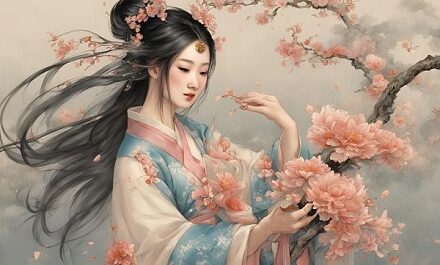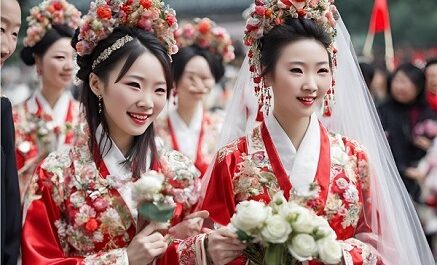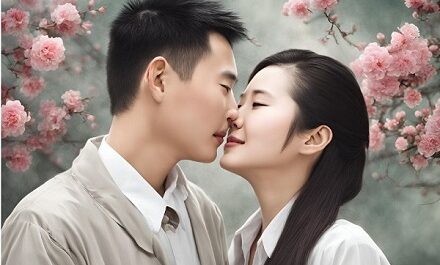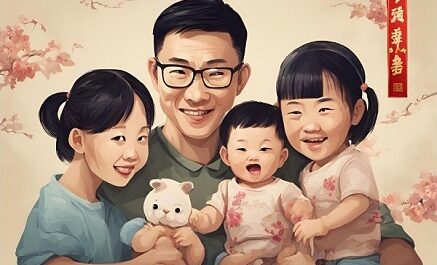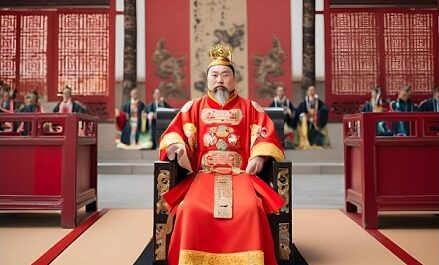Learn Chinese Idiom Name, Pinyin, English
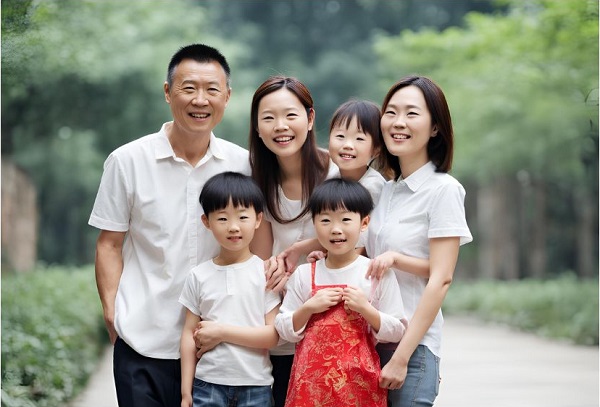
- Idiom in Chinese-男女老小。
- Pinyin of Idiom– nán nǚ lǎo xiǎo.
- Idiom’s Meaning in English– This idiom refers to the inclusion of everyone, regardless of their age or gender, when discussing a matter or situation. It suggests that no one is excluded or overlooked.
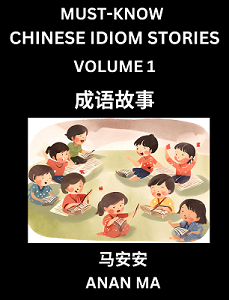
Chinese Idiom Stories Books (HSK All Levels):
- Books to Learn Chinese Idiom Stories (Part 1)
- Books to Learn Chinese Idiom Stories (Part 2)
- Books to Learn Chinese Idiom Stories (Part 3)
Learn Chinese Idiom Story in English (成语故事的英文)
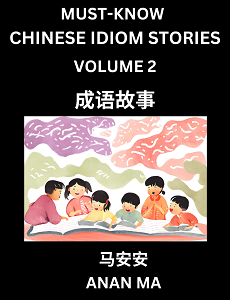
In an ancient village, the villagers lived in harmony. Whenever there was an important matter to discuss, the village head would gather everyone, regardless of their gender or age, to hold a meeting. This was known as “nán nǚ lǎo xiǎo” – including all males, females, old, and young.
One day, the river in the village was polluted. The village head immediately summoned everyone for a meeting. From young men to elderly grandparents, from women to children, everyone offered their suggestions and ideas. After much discussion, everyone agreed on a plan. With the joint efforts of all, the river was cleaned up, and the village once again regained its tranquility and beauty. This showed the importance of involving everyone, regardless of age or gender, when facing a challenge.
Learn Idiom Story in Chinese (成语故事)
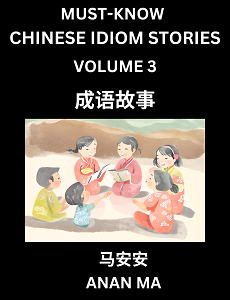
“男女老小”这个成语并没有一个特定的故事与之对应,但我们可以根据它的含义来编造一个简单的小故事来解释它。
在一个古老的村庄里,村民们过着和睦的生活。每当村里有什么重要的事情需要讨论时,村长都会召集“男女老小”来开会。这意味着不论性别是男是女,年龄是老是少,每个人都有机会发表自己的意见。有一次,村庄的河流被污染了,村长召集了所有人开会。从年轻的小伙子到年迈的爷爷奶奶,从村里的妇女到小孩,大家都纷纷提出了自己的建议和想法。最终,在大家的共同努力下,河流得到了清理,村庄又恢复了往日的宁静和美丽。
Learn Keywords with English, Simplified Chinese Characters, and Pinyin (关键词)
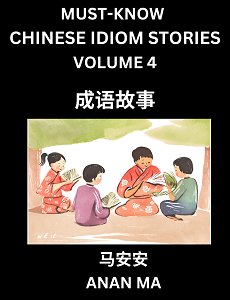
- 男女:nán nǚ (male and female)
- 老小:lǎo xiǎo (old and young)
- 村庄:cūn zhuāng (village)
- 河流:hé liú (river)
- 污染:wū rǎn (pollution)
- 村长:cūn zhǎng (village head)
- 开会:kāi huì (hold a meeting)
- 建议:jiàn yì (suggestion)
- 清理:qīng lǐ (clean up)
Pinyin of Idiom Story (故事的拼音)
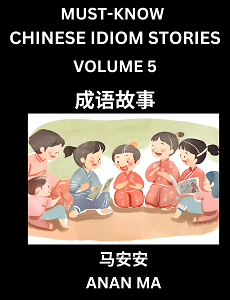
“Nánnǚ lǎo xiǎo” zhège chéngyǔ bìng méiyǒu yīgè tèdìng de gùshì yǔ zhī duìyìng, dàn wǒmen kěyǐ gēnjù tā de hányì lái biānzào yīgè jiǎndān de xiǎo gùshì lái jiěshì tā.
Zài yīgè gǔlǎo de cūnzhuāng lǐ, cūnmínmenguòzhe hémù de shēnghuó. Měi dāng cūn li yǒu shé me zhòngyào de shìqíng xūyào tǎolùn shí, cūn zhǎng dūhuì zhàojí “nánnǚ lǎo xiǎo” lái kāihuì. Zhè yìwèizhe bùlùn xìngbié shì nán shì nǚ, niánlíng shì lǎo shì shǎo, měi gèrén dōu yǒu jīhuì fābiǎo zìjǐ de yìjiàn. Yǒu yīcì, cūnzhuāng de héliú bèi wūrǎnle, cūn zhǎng zhàojíle suǒyǒu rén kāihuì. Cóng niánqīng de xiǎohuǒzi dào niánmài de yéyé nǎinai, cóng cūnlǐ de fùnǚ dào xiǎohái, dàjiā dōu fēnfēn tíchūle zìjǐ de jiànyì hé xiǎngfǎ. Zuìzhōng, zài dàjiā de gòngtóng nǔlì xià, héliú dédàole qīnglǐ, cūnzhuāng yòu huīfùle wǎngrì dì níngjìng hé měilì.
